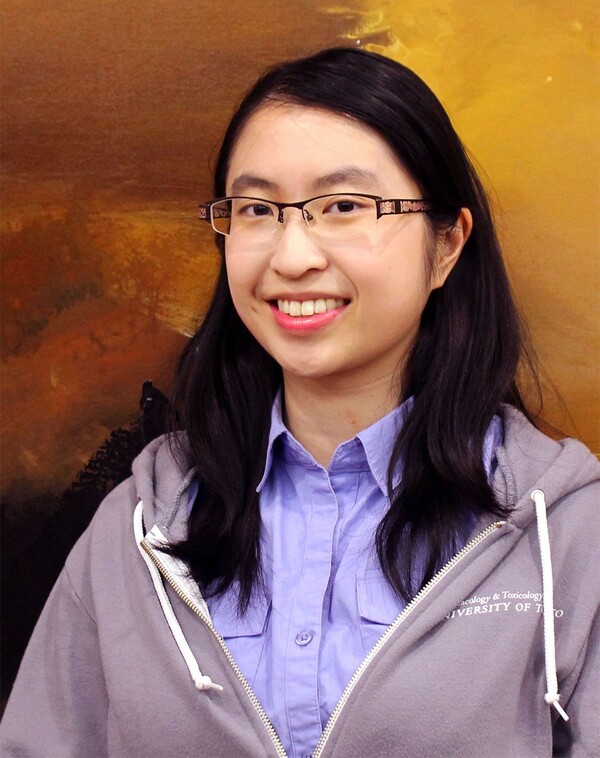Breadcrumbs
- Home
- Current Students
- Undergraduate Students
- Mable Wing Yan Chan, Pharmacology and Toxicology
Mable Wing Yan Chan, Pharmacology and Toxicology

When I entered the University of Toronto, I had selected to study life sciences based on a general interest in biology. I had no knowledge of what research was, nor did I have any experience outside of the classroom. In first year, I had a Peer Mentor from the Woodsworth Mentorship Program who taught me all about academic research. With his guidance, I was able to successfully obtain a position in the university’s Research Opportunity Program. My mentor’s encouragement was indispensable; not many students were confident enough to, or knew to apply for research positions during first year. Starting a year earlier than most gave me a step up and aided in my later applications to research programs. Accumulating so many experiences – including going abroad and participating in an internship – allowed me to explore many fields I was interested in and develop my passion for pharmaceutical research.
Although undergraduate students should gain experience by their own merit, it is also greatly beneficial to have help from someone who has already gone through the process of finding the resources – I know that I will always be indebted to my own peer mentors. I believe that student leaders should be invested in the growth of the students and should always be happy to help those who chose to do more. Leaders should be able to manage their own goals while being a pillar of support to others. As an individual with more experience – in terms of research experience and academics – I act as an advocate for my peers both within my program and the university at large, and am responsible for maintaining communication between the students and the faculty. I also focus on mentoring incoming students, so that no opportunities are missed and that the concerns of the most inexperienced are heard, emulating the mentorship experience of my own first year.
I made it a goal to help students take advantage of the plentiful resources available at the university that would help them develop skills and future passions. I joined multiple mentorship programs and used this knowledge when I was involved in the founding of the Pharmacology and Toxicology Peer Mentorship program. Currently in its third successful year, our mentorship program has aided over 120 students in our program and has expanded to include workshops and a “coffee talk” initiative. In addition to my role as a peer mentor, I am currently involved in the undergraduate executive council of my department – the Pharmacology and Toxicology Student Association. During my two years as Director of Communications, I revised our branding and promotional materials, and also improved our social outreach to our students. We were successful in making the PTSA a more well-known student resource and we were able to get more students involved and informed about research programs and courses offered by the department. Last April, I was elected to Co-President. This year, I have led new initiatives – in addition to our academic seminars and games nights – such as a combined second year social and holiday charity toy drive to promote extracurricular involvement and networking with our incoming second years.
Personally, I plan on further contributing to academia and the scientific community through graduate research. I have made a significant impact at the University of Toronto so far by contributing to the self-actualization of the life science students by helping them make the most of their undergraduate years.